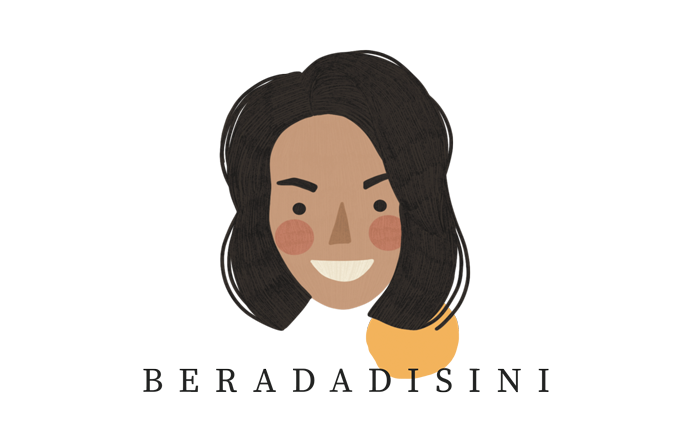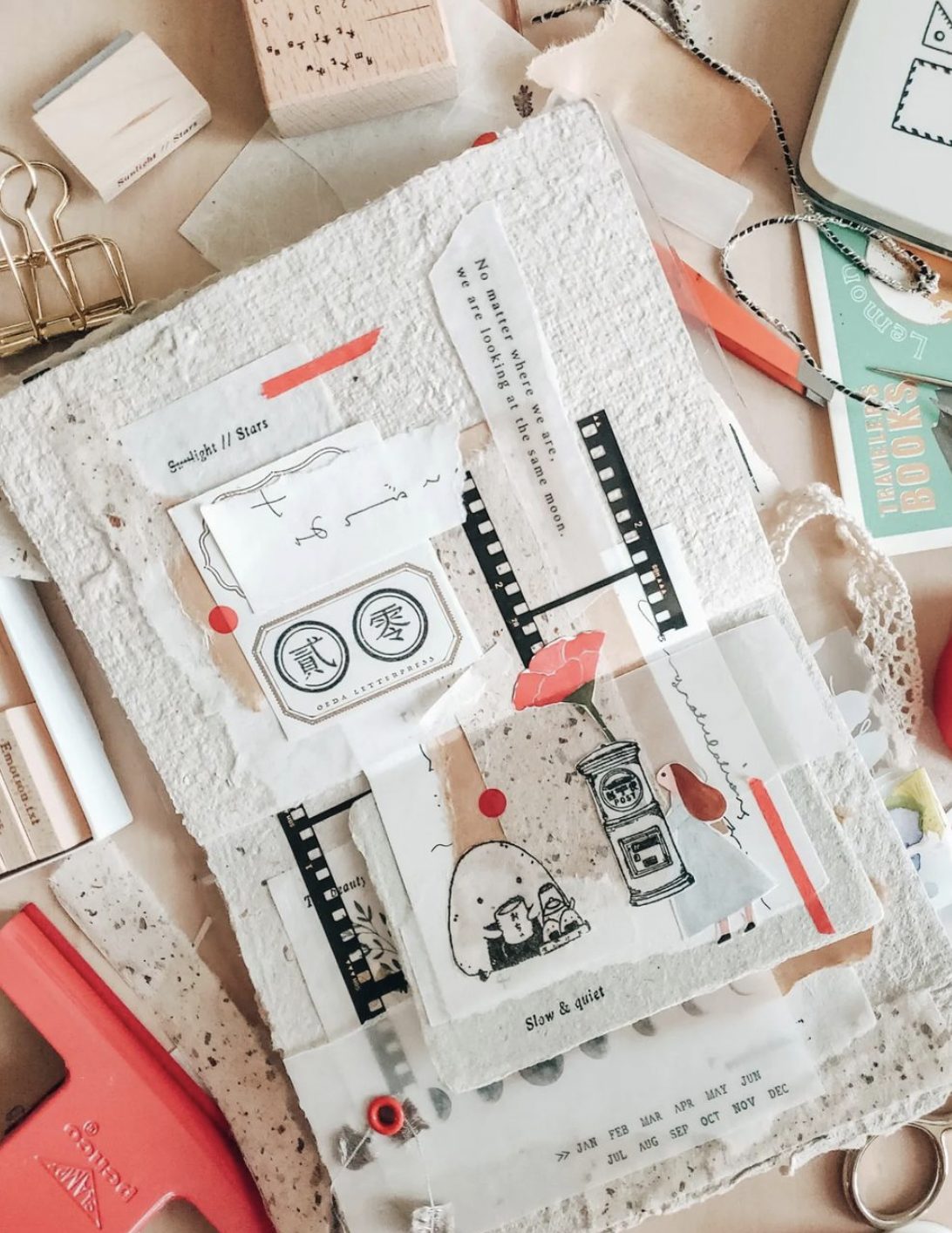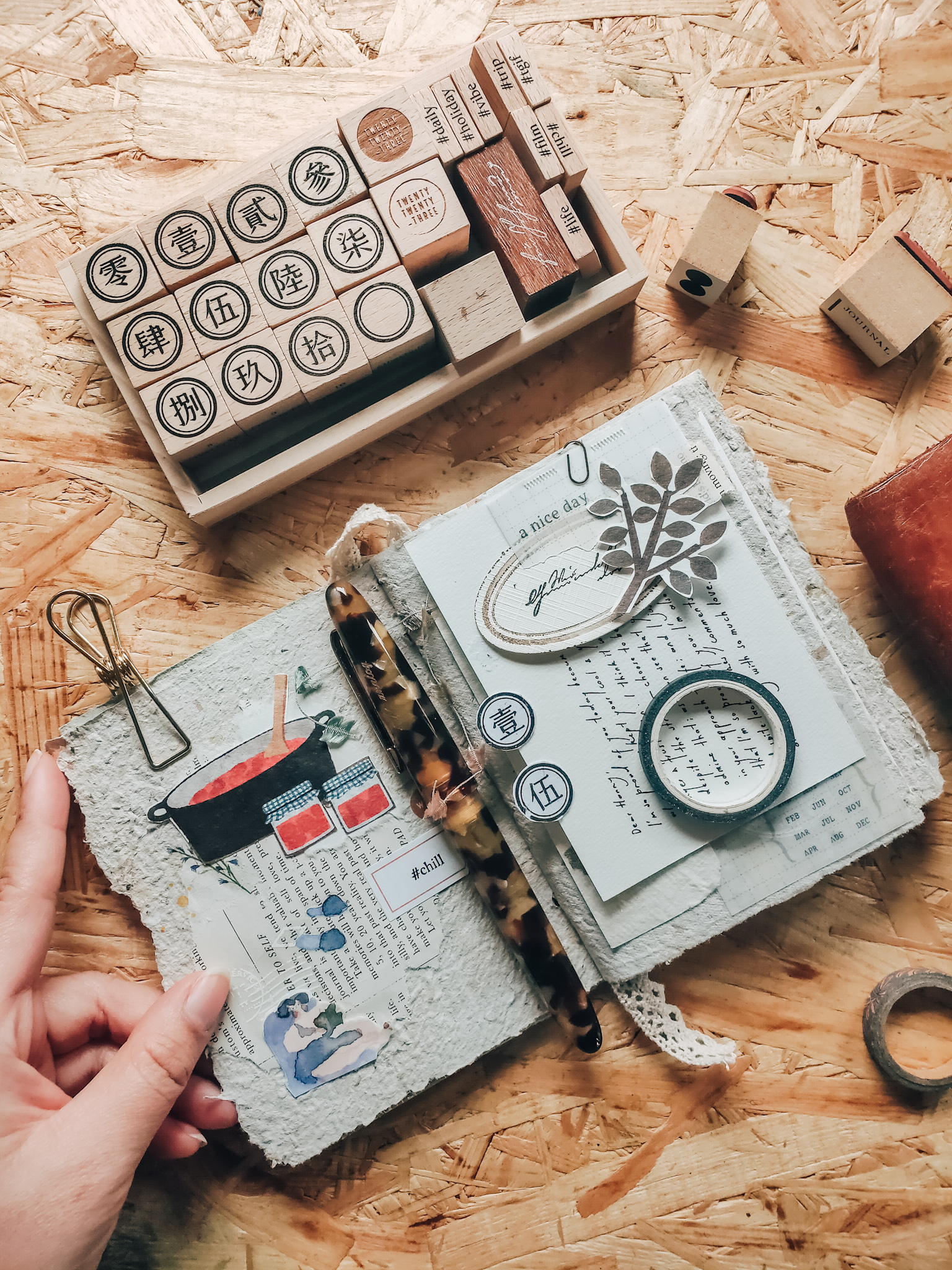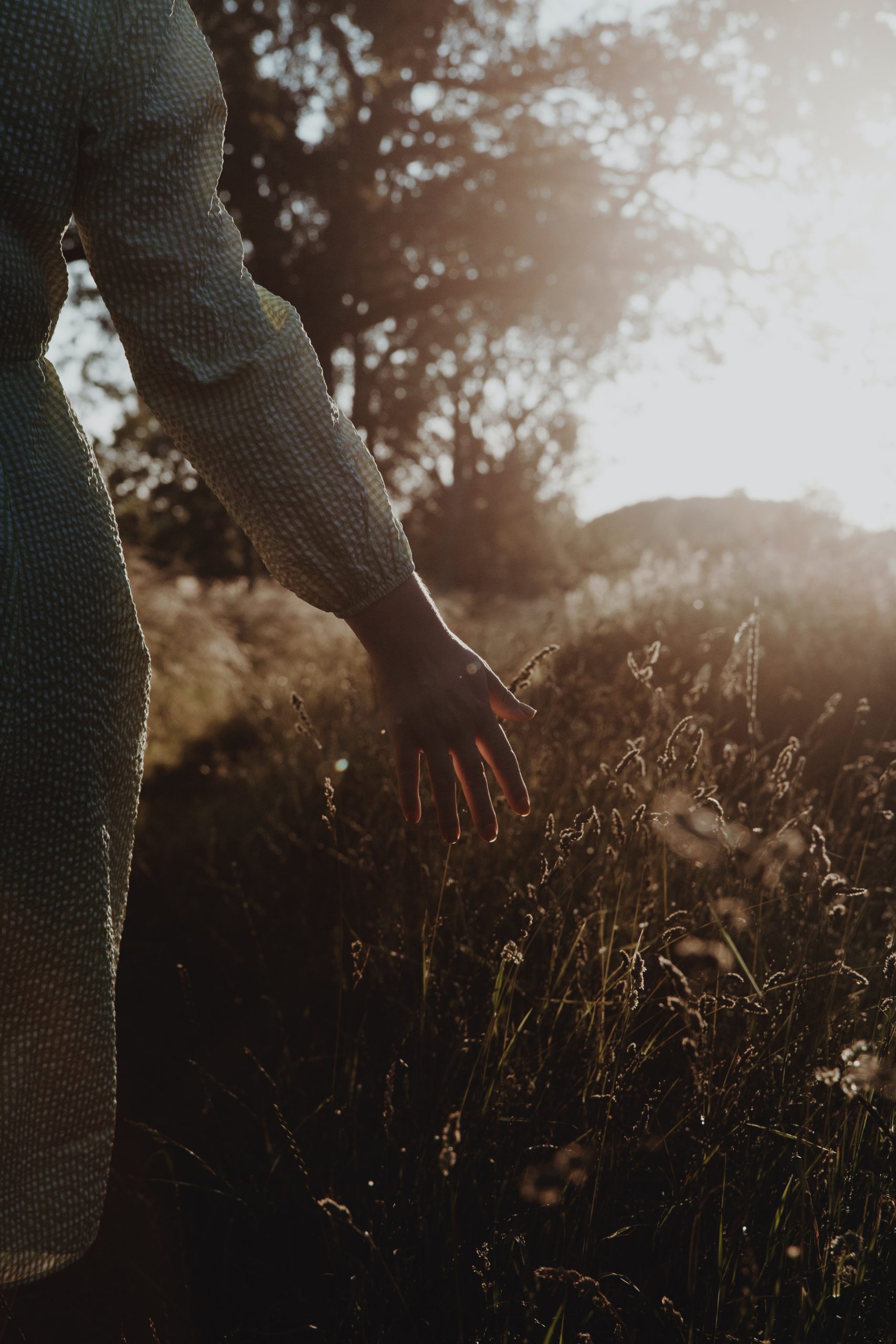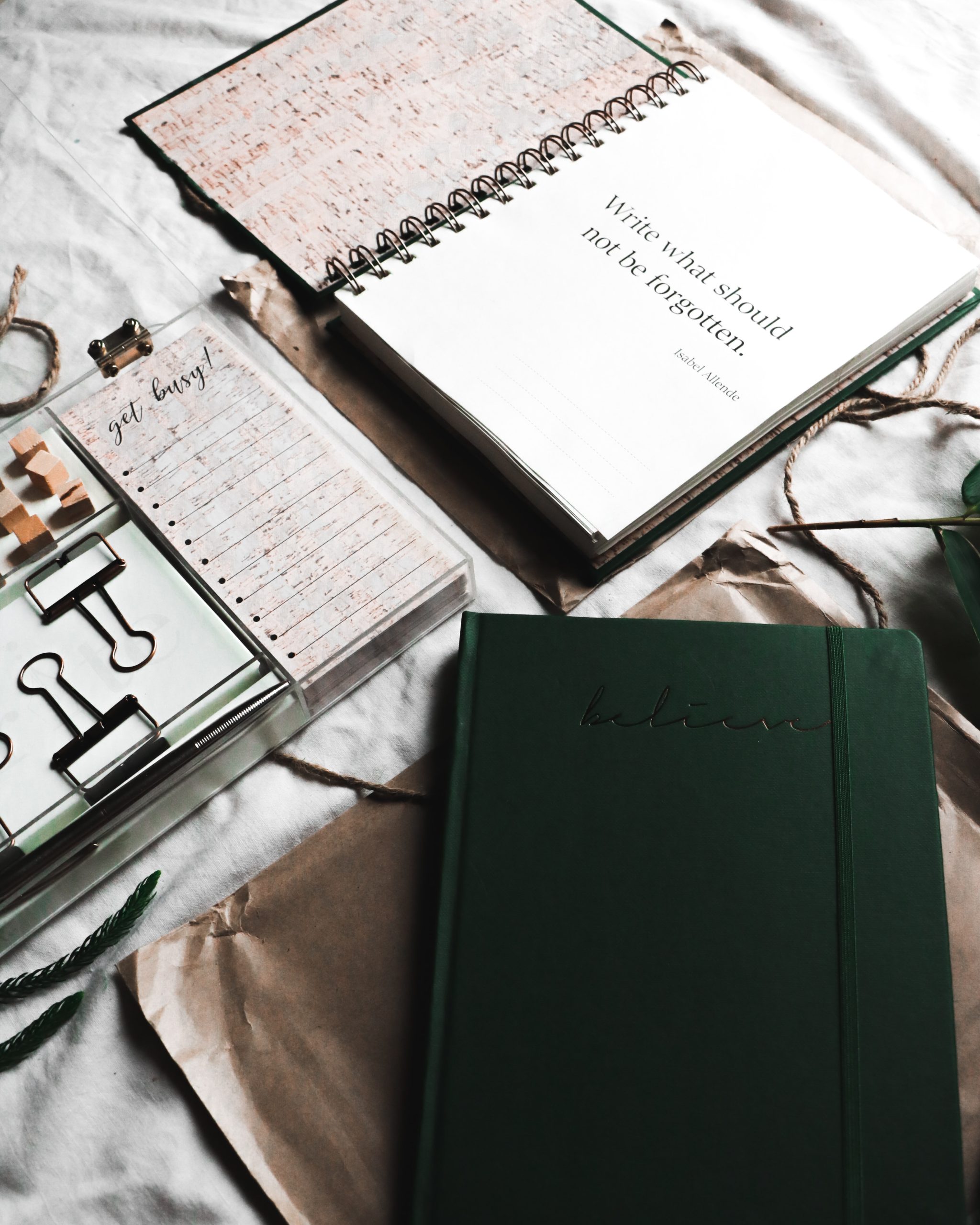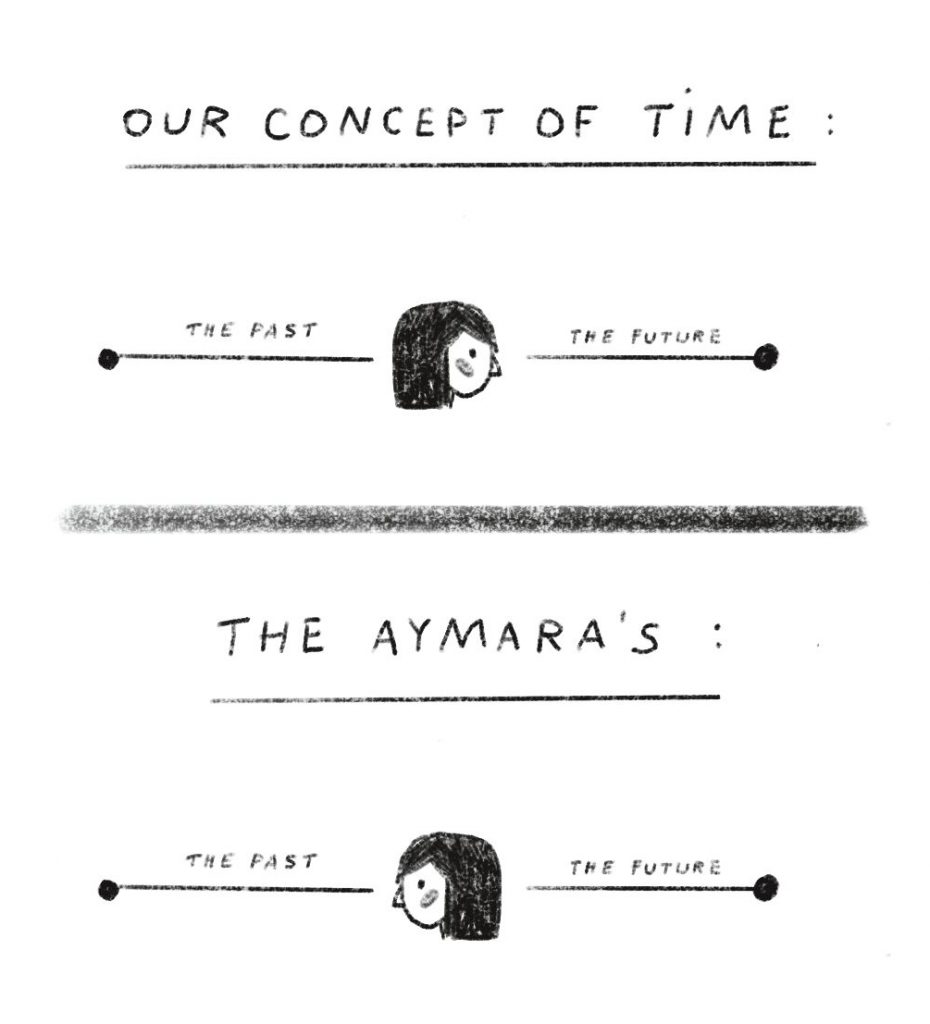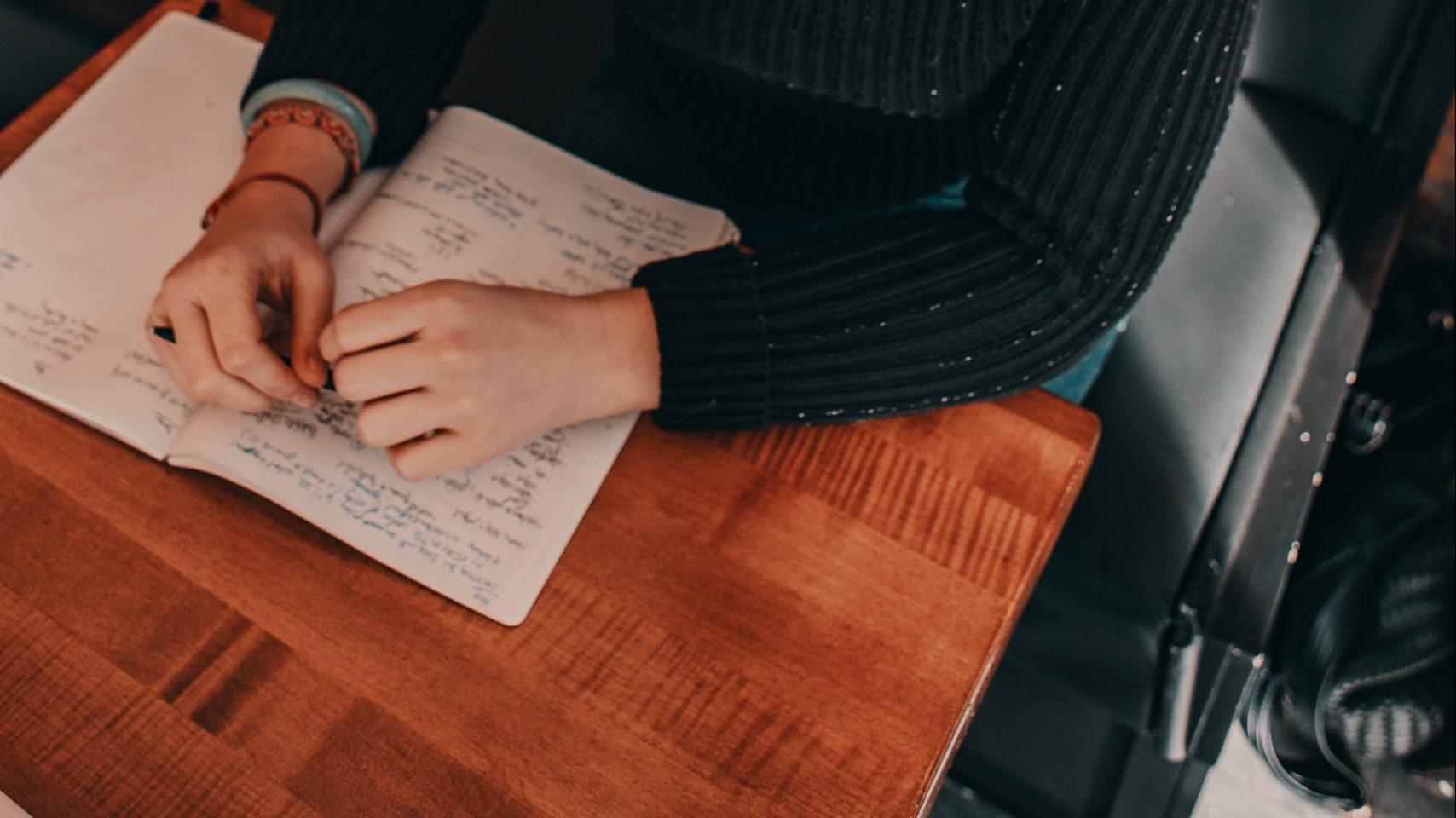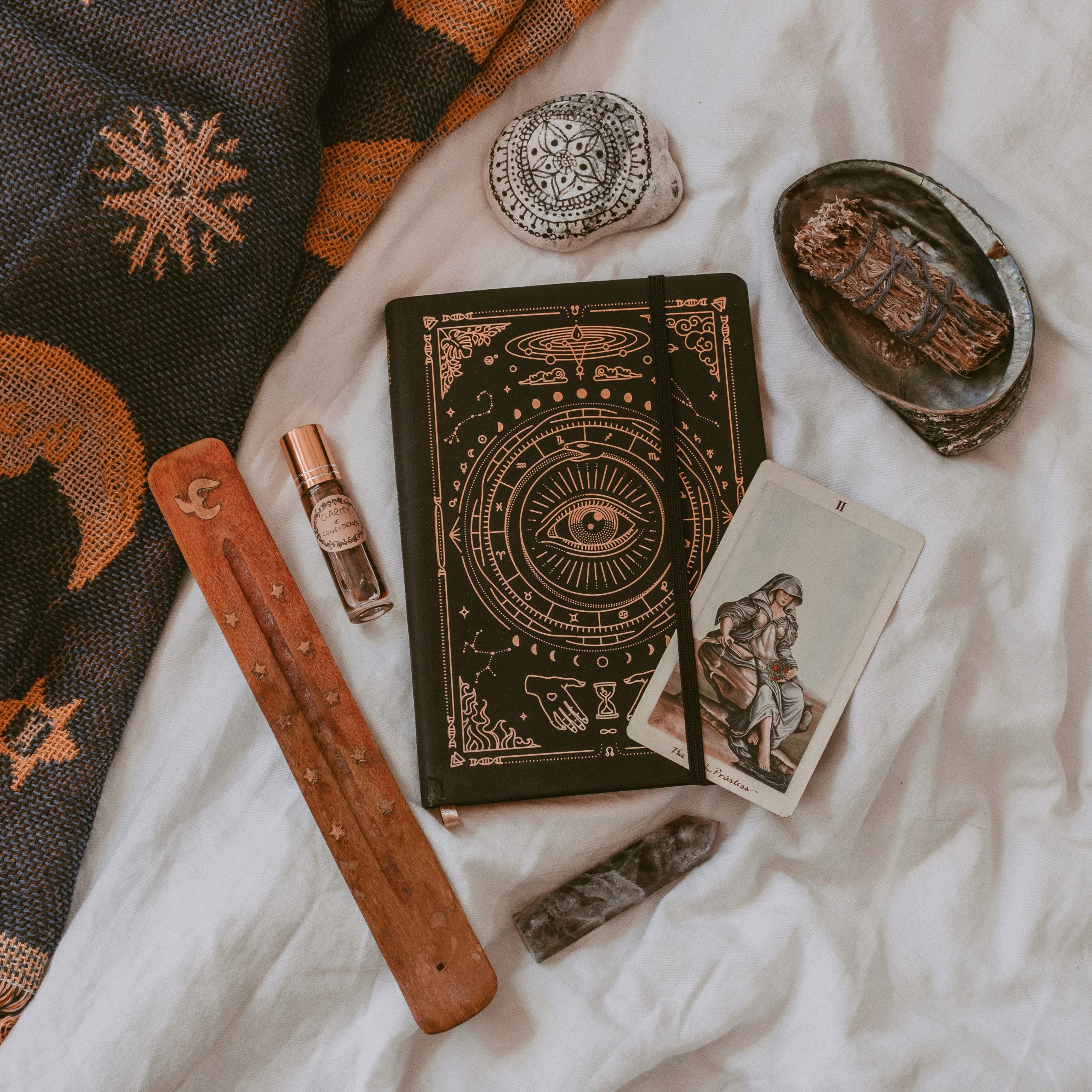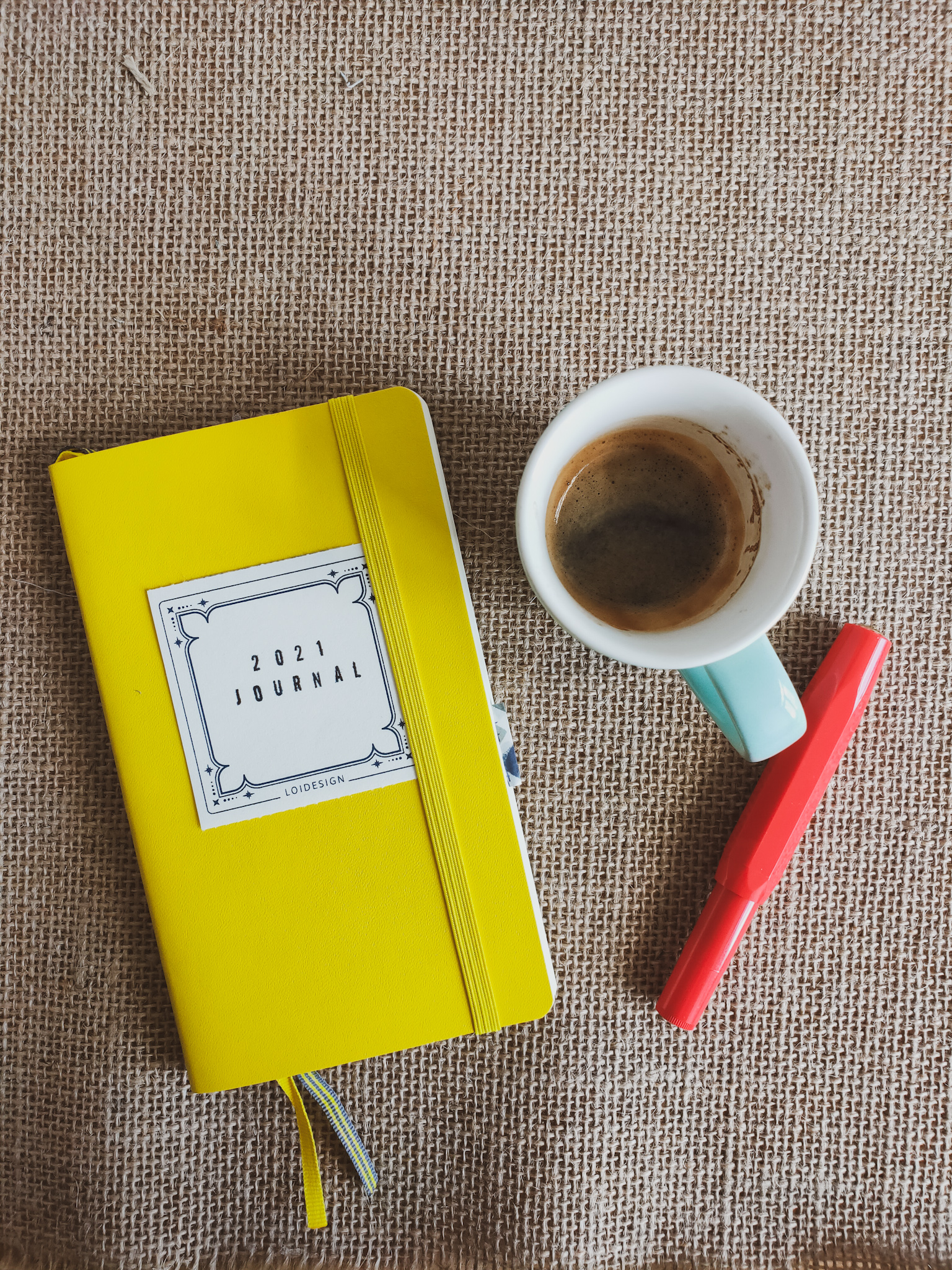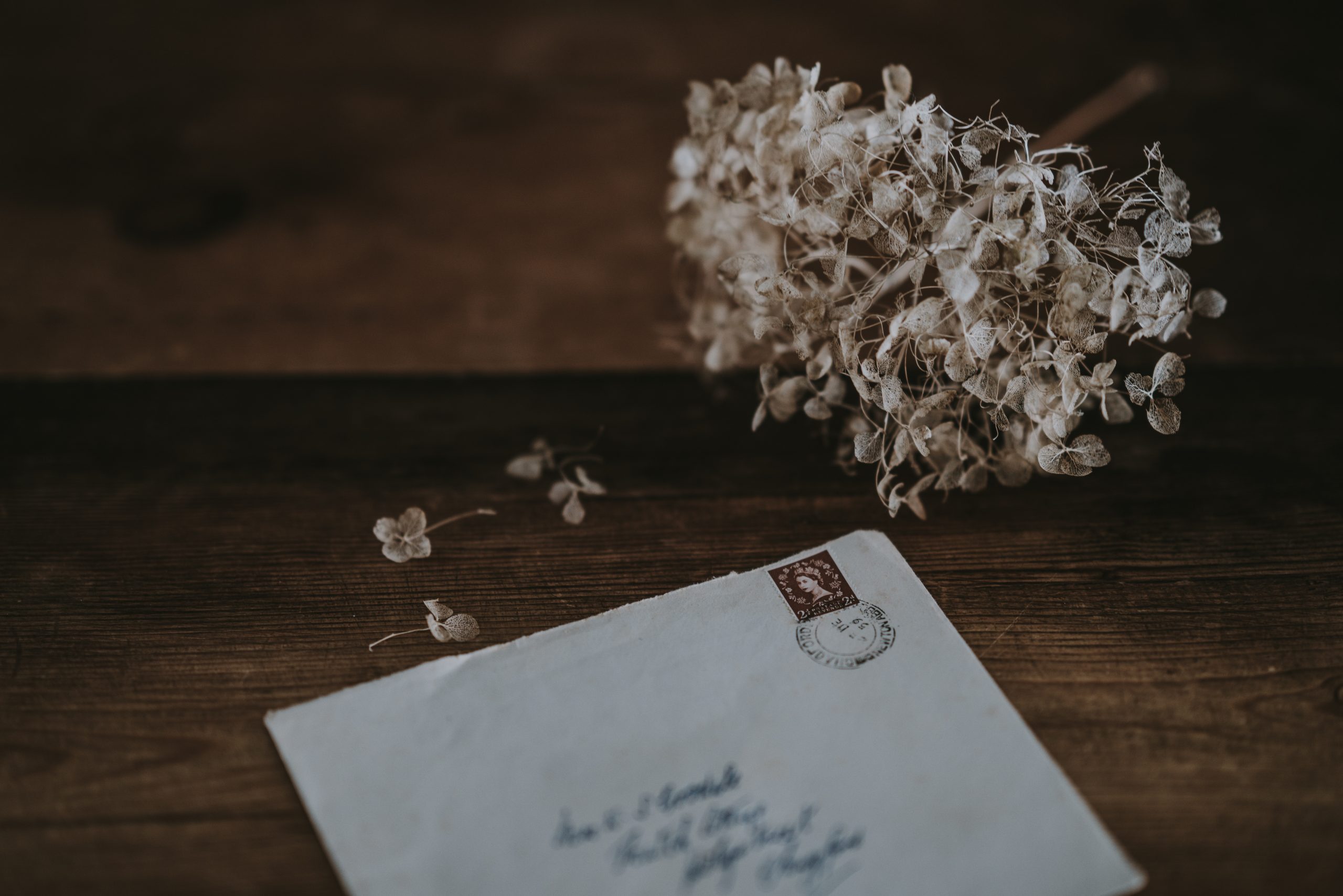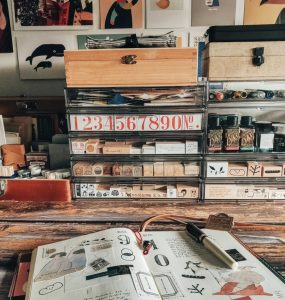There’s one thing I re-learned this month:
In our daily interactions, it is essential to remember that what people do or say is often a reflection of themselves – their thoughts, beliefs, fears, and life experiences. For me, reminding myself about this allows me not to take things too personally (at least, not as much as I did in previous years).
It was still a slippery slope.
Sometimes, someone’s words can still hurt me so much that this knowledge doesn’t make me immune to the pain. However, these days, I made a conscious effort to bounce back, to be disciplined with my thoughts by not indulging myself in replaying the hurtful interactions word by word—or to take a pause and breathe, and do something cathartic to stop myself from fueling the fire.
It was funny, right?
The way we could still remember hurtful words someone said to us 10, 20, 30 years ago, and how we carried that within us until today—making us doubt ourselves or beating ourselves up because of that—when the person who said these words might not remember anything about it anymore. These days, I am learning to let go of this burden of thinking that I should be carrying those words. I realize I have the power not to listen, internalize things, or believe that everyone’s comments have the same weight or should be treated with the same attentiveness and care.
I understand that everyone, including myself, is grappling with their shadows and demons. And sometimes, these internal struggles manifest as projections onto others. I am also guilty of these at times, especially when I wasn’t at my best.
When I sit down to write about my fears, worries, and belief systems, as well as the things I love and hold dear to my heart, I can better grasp how they influence how I think, act, speak, and treat others. I also recognize the power of cultivating self-love in shaping our thoughts, actions, and words.
Reminding myself that everyone is dealing with their own shadows and demons (including ourselves), allows me to approach things with more empathy and compassion. I understand that sometimes we project our insecurities onto others without even realizing it, so what people say or do does not reflect our worth or value.
These days, when I hear something someone said that hurts me, I will sit down and ask myself three questions:
- If I am filled with love, joy, kindness, fulfillment, and contentment, will these words/interactions still hurt me? Which of my fears, beliefs, values, or insecurities were triggered?
- Would I say those things to others if I am filled with love, joy, kindness, fulfillment, and contentment? Is there a way I can reframe/say it again in a kind, compassionate way—or is it better for me to say nothing at all?
- Can I take anything from those words/interactions that will support my growth to be the version of myself I have always envisioned?
